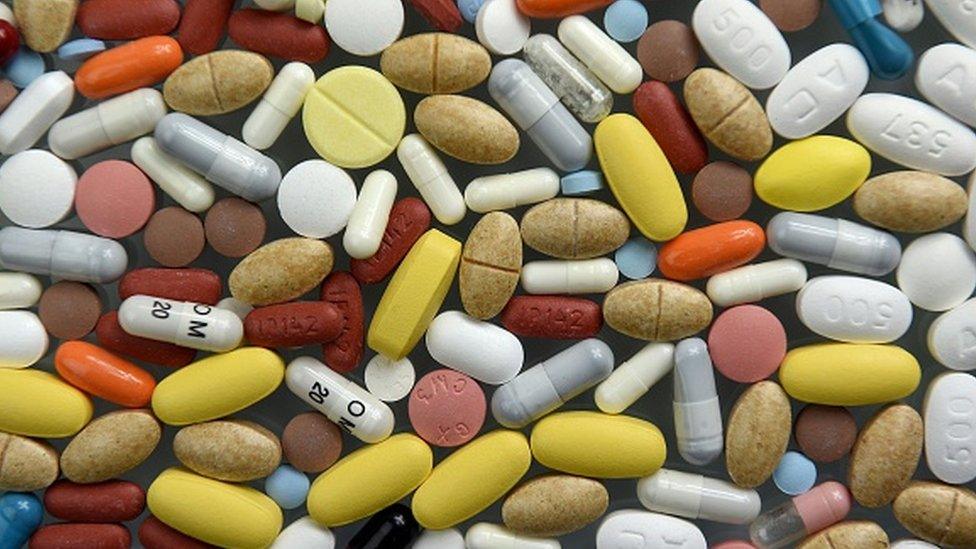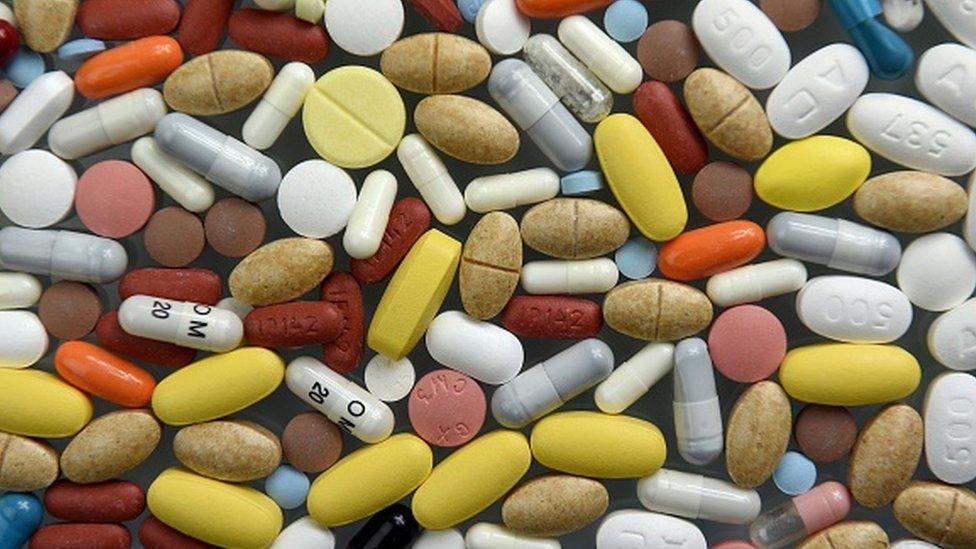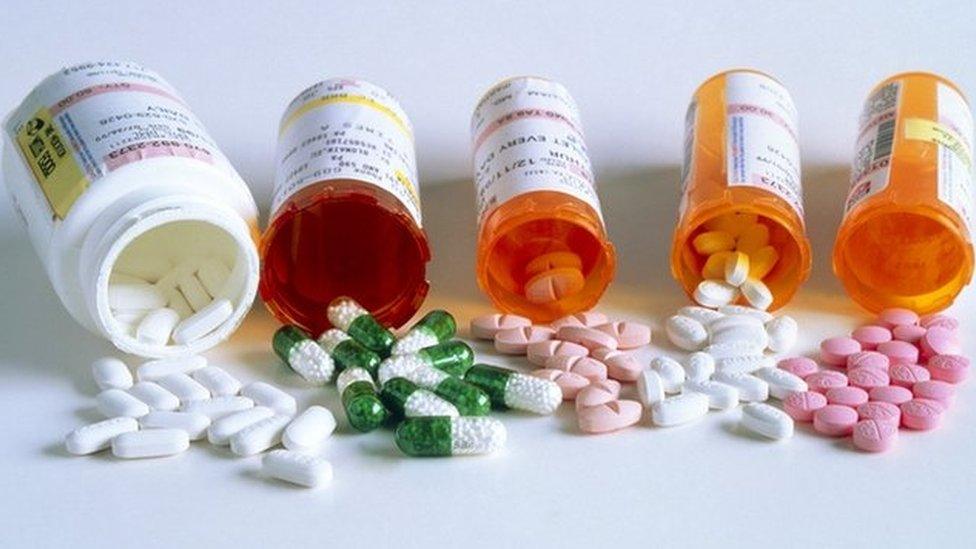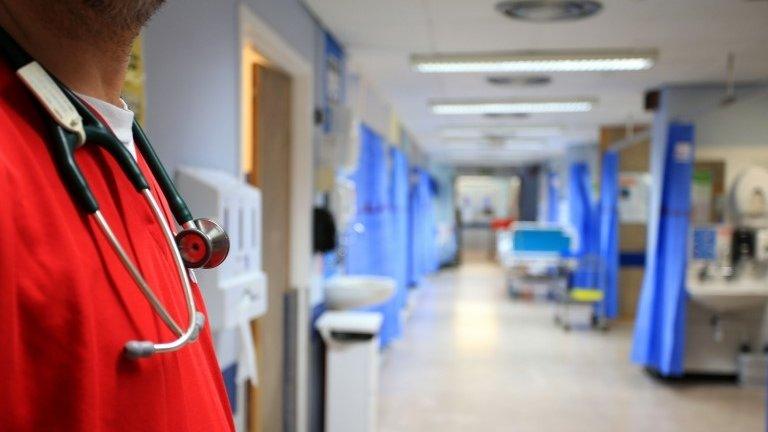NHS 'overcharged' by drug makers' non-compete deal, says CMA
- Published

Two pharmaceutical firms have been accused of pushing up the price of a "lifesaving" NHS drug by striking a deal not to compete with each other.
The Competition and Markets Authority (CMA) said in provisional findings, external that Actavis and Concordia fixed the market for hydrocortisone tablets.
The drug is used to treat conditions caused by hormone deficiencies.
Canadian firm Concordia said it did not think it was in breach of competition law.
Sole supplier
The CMA said that a pack of the tablets almost doubled in price for the NHS to £88 while the deal was in place.
It is the latest case where the regulator has accused drug makers of overcharging the health service.
"Anti-competitive agreements can cost the NHS, and ultimately the taxpayer, by stopping competition bringing down the cost of lifesaving drugs like hydrocortisone tablets," said Andrew Groves of the CMA.
"We allege these agreements were intended to keep Actavis UK as the sole supplier of a drug relied on by thousands of patients - and in a position which could allow it to dictate and prolong high prices."
However, Mr Groves added that the findings were provisional and that the regulator would consider any arguments from the companies before deciding "if the law has been infringed".
Sole supplier
Hydrocortisone tablets are used by patients whose adrenal glands do not produce enough hormones and in many cases helps them to live an active life. One of its main uses is to treat the life-threatening Addison's disease.
The CMA accused the firms of agreeing between January 2013 and June 2016 that Concordia would not launch its own version of the drug, leaving Actavis as the sole supplier to the NHS for much of that time.
Pharmaceutical firm Teva confirmed Actavis UK was the subject of "allegations of anti-competitive conduct" from the CMA. The company declined to comment further.
Concordia, formerly known as Amdipharm, said it believed, external the drug maker was "not in breach of competition law".
The Canadian firm added that it was co-operating fully with the investigation and would "respond in detail" to the allegations.
The regulator accused Actavis in December of raising the price for 10mg hydrocortisone tablets by 12,000% in eight years, from 70p to £88.
Earlier that month, Pfizer and Flynn Pharma were fined nearly £90m for raising the price of an anti-epilepsy treatment, although both firms said they would appeal.
- Published16 December 2016

- Published3 March 2017

- Published7 December 2016
